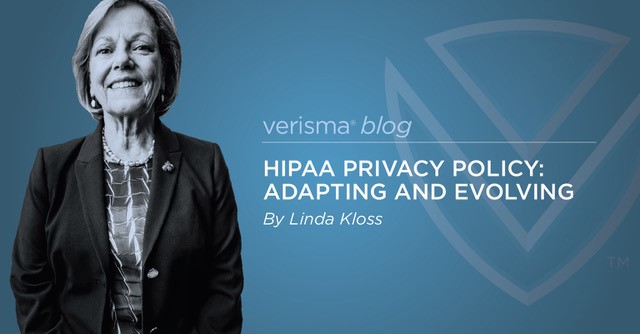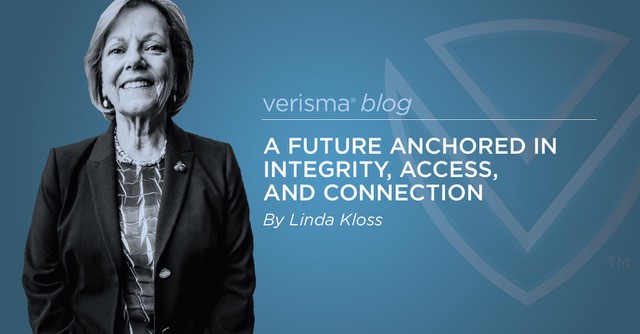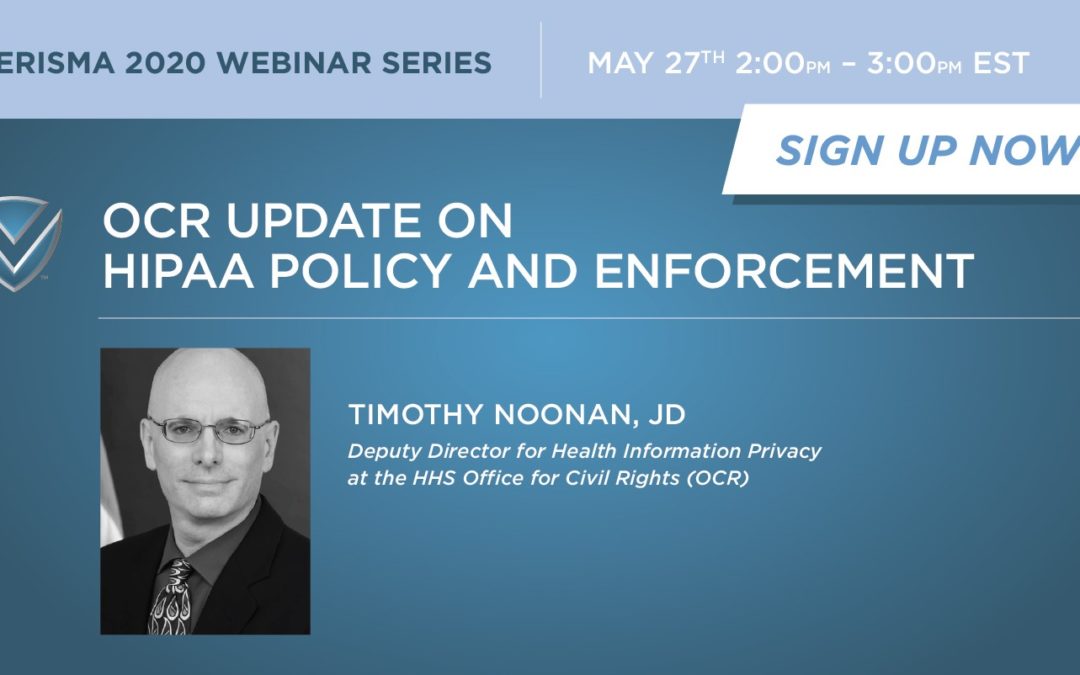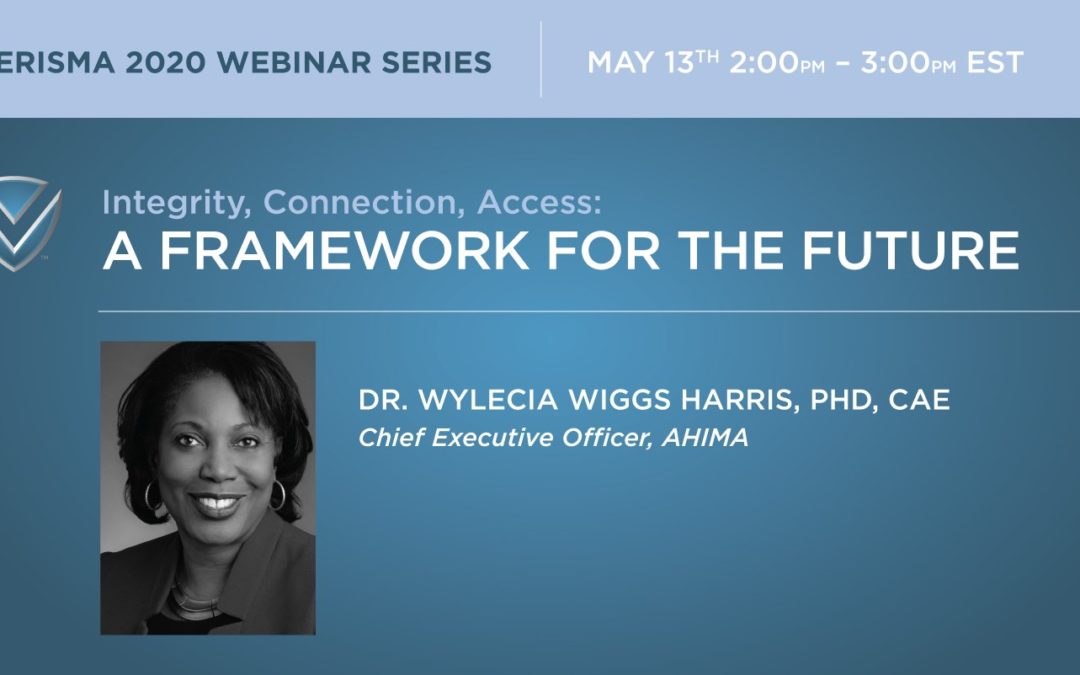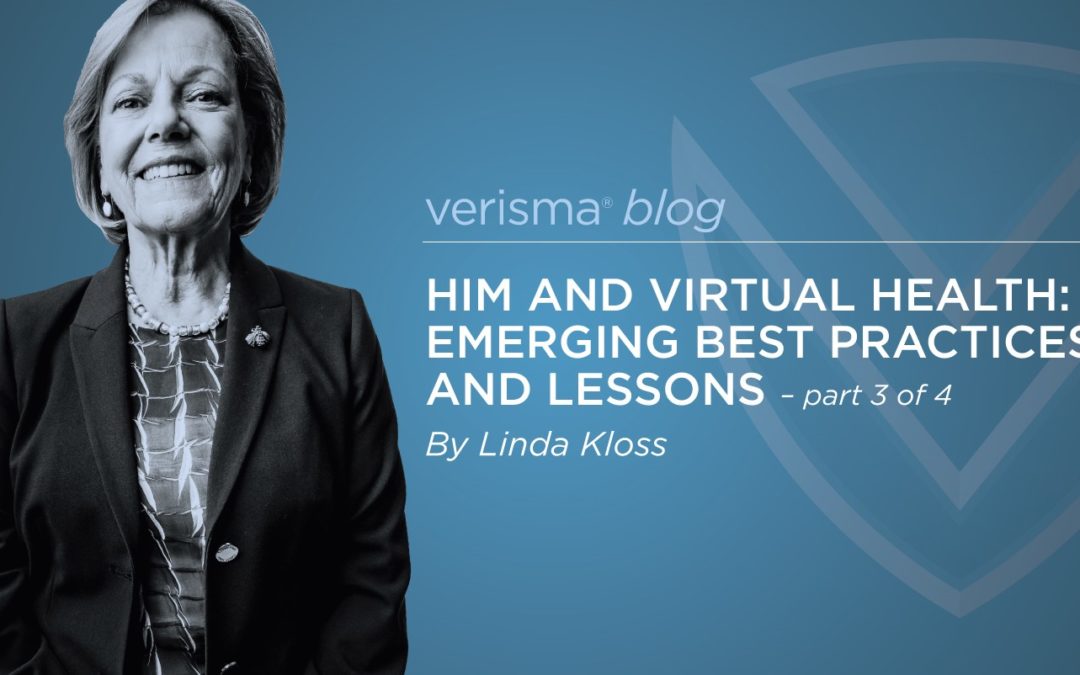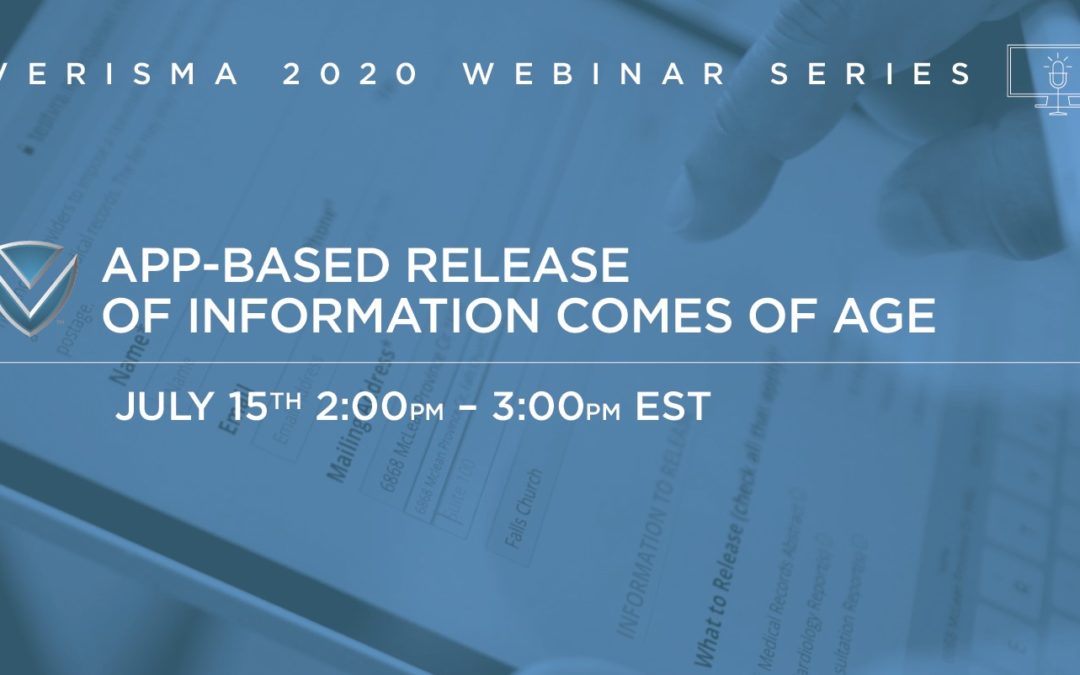
App-Based Release of Information Comes of Age
Presenters:
Reginald Abadsantos, RHIT
HIM Operations Supervisor, NCH Healthcare System
Panel of HIM and ROI Leaders
Linda Kloss, RHIA
Kloss Strategic Advisors, Inc. and Regulatory Policy Leader, Disclosure Management, Verisma
NCH Health System, Naples FL is a true pioneer in the use of Web-based App technology to support record request and release processes. Implemented in 2018, NCH deployed Verisma’s Request App™ (VRA) to improve service to patients. NCH Health System is a large regional health system that also supports an older “snowbird” patient population living part of the year in Florida and often needing access to their health information from afar. It experienced rapid uptake VRA and strongly positive customer satisfaction feedback.
What NCH could not anticipate was the key role VRA would play in a time of COVID-19, enabling paperless request processing and electronic release despite workflow and disruptions due to work from home and other adaptations. This is a lesson that many of our health systems clients have come to appreciate as the use of VRA has now grown to over 1,500 sites of care. While the Office of the National Coordinator for Health IT (ONC) announced rules supporting patient access to their health information, it was pioneers like NCH and others who have built the story of how the right technology at the right time can transform a process long overdue for disruption.
In this Webinar, you will learn from NCH’s firsthand experience with use of VRA for release of information. You will also learn about the goals and experiences of other health systems using VRA. The essential technical, integration, security, and functionality requirements for an ROI app will be discussed as will implementation considerations. Presenters will describe the importance of teamwork among HIM, CIO, compliance and others working together to deploy Web technology to update what is often an outmoded fundamental building block for ROI.
Learning Objectives
- Learn from health systems’ experiences in implementing and using apps for release of information to patients and third parties,
- Describe realized benefits and impact of use of apps for release of information on improved customer services, productivity, and cost management,
- Understand the federal policy environment that encourages the use of apps to improve access and disclosure of protected health information, and
- Review the technology and privacy and security requirements for release of information apps.
Approved for 1 AHIMA CEU Credit for Information Protection: Access, Disclosure, Archival, Privacy and Security

